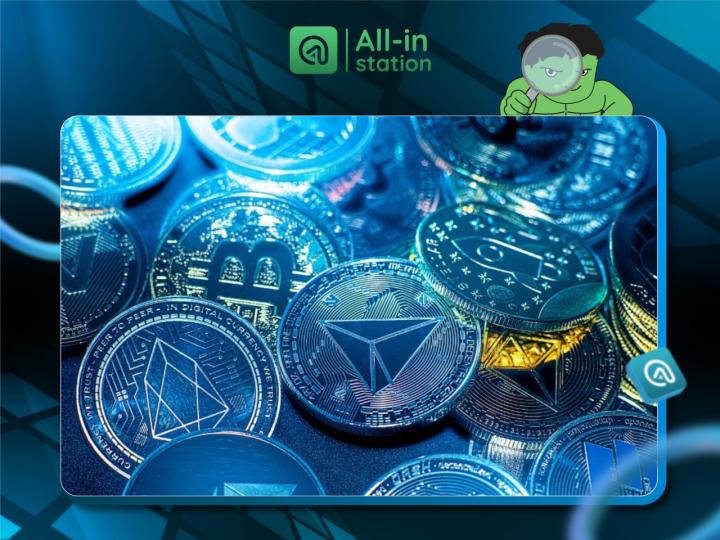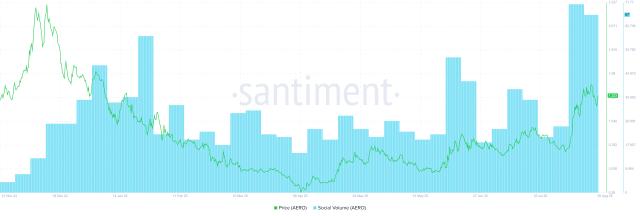This report, written by Tiger Research, explores how tokenization can lower investment barriers in the pre-IPO stock market through case studies of Ventuals, Jarsy, and PreStocks.
Key Takeaways
Despite high returns in the private equity market, it remains primarily accessible to institutional investors and high-net-worth individuals, with ordinary investors struggling to participate.
Tokenization can address limitations in traditional financial systems regarding liquidity, accessibility, and convenience, but still faces significant legal and technical barriers.
Projects like Ventuals, Jarsy, and PreStocks are exploring different approaches to tokenizing private equity. Although these attempts are still in early stages, they demonstrate potential for reducing market structural barriers.
1. Private Equity is Attractive, but Ordinary Investors Cannot Participate
How can ordinary people invest in SpaceX or OpenAI? As non-listed companies, they are out of reach for most investors. Ordinary investors have almost zero opportunity to participate, as investment opportunities typically only emerge after a company goes public.
[The rest of the translation follows the same professional and accurate approach, maintaining the original structure and meaning while translating to English.]This pattern relies on Jarsy's role as an asset management entity. The platform first tests investor demand through pre-sale tokens, then uses the raised funds to purchase actual stocks. If the purchase is successful, pre-sale tokens will be converted to official tokens; otherwise, funds will be refunded. All assets are held by a special purpose vehicle (SPV) and provide real-time verification through a reserve proof page. **The platform significantly lowers the investment threshold, with a minimum investment of just $10.** For investors outside the United States, there are no qualification requirements, thereby expanding global accessibility. All transaction records and asset holdings are stored on-chain, ensuring auditability and transparency. However, this model has structural limitations. The most pressing issue is liquidity, stemming from the platform's limited asset holdings for each company. For example, Jarsy currently holds stock worth approximately $35,000 in X.AI, $490,000 in Circle, and $670,000 in SpaceX. In such a low-liquidity market, even small sell orders from large holders can trigger significant price fluctuations. Price discovery is particularly difficult due to the opacity and low liquidity of private equity, further amplifying volatility. Moreover, although the asset-backed model provides stability, it restricts scalability. Issuing each new token requires actual stock purchases, a process involving negotiations, regulatory coordination, and potential procurement delays, thereby hindering the platform's ability to respond to rapidly changing market trends. Nevertheless, Jarsy is still in its early stages, having been online for just over a year. As the user base and assets under management (AUM) grow, liquidity issues may gradually ease. As the platform expands, broader coverage and a deeper pool of tokenized equity may naturally form a more stable and efficient market. ### 3.3 PreStocks [PreStocks](https://prestocks.com/) adopts a model similar to Jarsy, purchasing private company stocks and issuing 1:1 backed tokens. The platform currently supports trading in 22 Pre-IPO stocks and has opened the product to the public. PreStocks is built on the Solana blockchain, with trading integration through Jupiter and Meteora. It offers round-the-clock trading and instant settlement with no management fees. There is no minimum investment requirement, and anyone with a Solana-compatible wallet can participate, further lowering the entry barrier. However, the platform also has limitations, with users from the United States and other major jurisdictions unable to access it. Although all tokens are allegedly fully collateralized by underlying stocks, PreStocks has not yet publicly disclosed detailed holding verification documents. The team states they will regularly publish external audit reports and can provide paid individual verification services upon request. Compared to Jarsy, PreStocks has tighter integration with decentralized exchanges (DEX), which may support broader secondary use cases such as token lending. Within the Solana ecosystem, tokenized public stocks (like xStock) are already actively used, and PreStocks may benefit from ecosystem-level synergies.Terms of Use
Tiger Research allows reasonable use of its reports. The "fair use" principle broadly permits the use of specific content for public interest purposes, as long as it does not harm the commercial value of the material. If the use meets the purpose of fair use, these reports can be used without prior permission. However, when citing Tiger Research reports, you must 1) clearly state "Tiger Research" as the source, 2) include the Tiger Research logo (Black/White). If you want to reorganize and republish the material, separate negotiations are required. Unauthorized use of reports may lead to legal proceedings.







